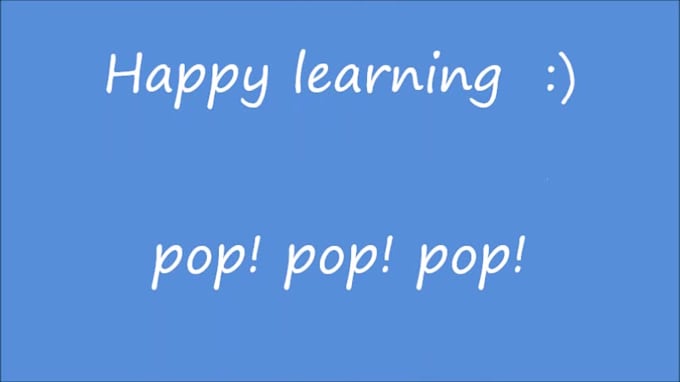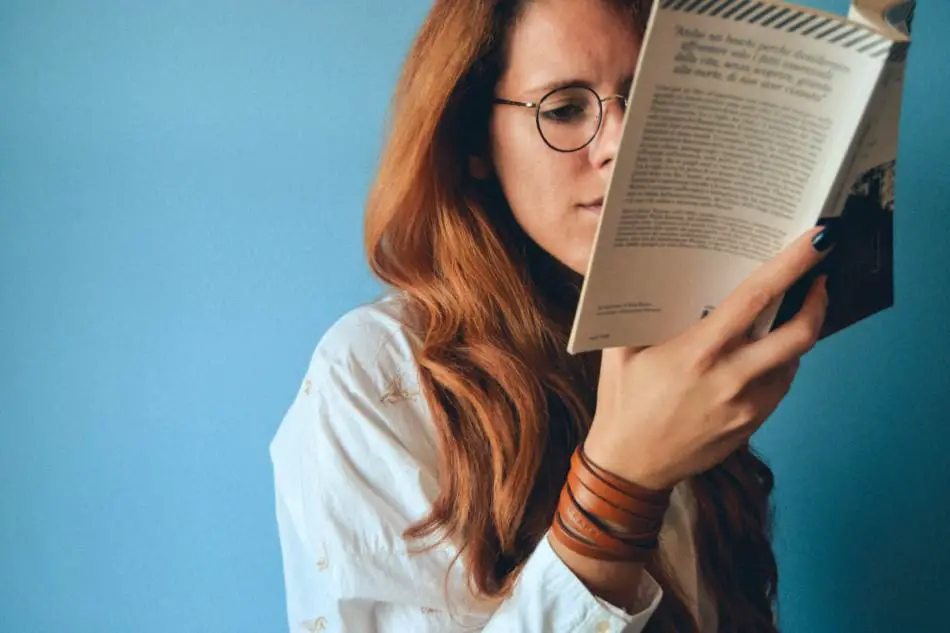


In contrast, modern Liberal Education that has developed with government-run schooling since the Age of Enlightenment has created a disenchanted and de-spiritualized world where potentially everything is a social construct and anxiety depression and self-consciousness run rampant. The Classical Liberal Arts facilitated the experience of the world as an enchanting place, teaching people to respect the sacredness of life and their connection to nature. In ancient times, education and spirituality were not completely separated as they are today and the result was that the Liberal Arts encouraged a healthy sense of awe and wonder toward the beauty, interconnectedness and symmetry of life. I highly recommend reading the book linked above or doing your own research into the Trivium to gain a better understanding of how the Trivium can be used to challenge misinformation, cognitive biases and ideologically-slanted thinking.Ī good companion to the Trivium is the Quadrivium, which focuses on higher learning in the Classical Liberal Arts of Numbers, Geometry, Music and Cosmology. This deconstrucist mentality often isn’t very constructive when it is applied outside the walls of academia.Īlternatively, the Trivium is focused on learning through the Classical Liberal Arts of Grammar, Logic and Rhetoric. Much of what passes as critical thinking taught in Universities today is often rooted in post-modernism, which is oriented toward abstraction, intellectualism and seeing everything as a social construct.
#AUTODIDACT POLYMATH DEFINITION HOW TO#
The foundation of Classical Liberal education was the Trivium, which was developed in ancient times to teach people how to think philosophically and critically.
#AUTODIDACT POLYMATH DEFINITION PROFESSIONAL#
In today’s fast-changing world, the reality is that the only way to be highly successful as an entrepreneur or creative professional is to get really good at acquiring new skills and educating oneself through disciplined lifelong learning. If schools want to facilitate a new learning model that can help graduates deal with the complexities and challenges of the 21st century, they should be challenging the ideological echo chambers and intellectual safe spaces in many Universities today with a focus on classical liberal education again.īut as a self-directed individual and learner, I wouldn’t rely too much on institutions that are run by a bloated bureaucracy of administrators with a vested interest in maintaining the status quo. To follow a new learning model that gives a more well-rounded and practical polymath education, we need to focus again on training character, self-reliance and how to apply what we learn through experiential learning and discovery. They also associate themselves with other highly curious and entrepreneurial people with polymathic characteristics in mastermind groups, retreats and startup incubators. They are insatiable learners who spend their leisure time devouring books, listening to audiobooks and podcasts and traveling widely to experience the world’s different cultures. A polymath is an individual whose knowledge spans a significant number of subjects and is able to draw on complex bodies of knowledge to solve specific problems. Many of these entrepreneurs and skilled creative professionals what has been traditionally called polymaths. Instead, they tend to be curious about a wide range of topics, which makes them more well-rounded than the average person in their knowledge of the world and their ability to gain acceptance of their ideas by different kinds of people. They are rarely highly specialized in a single area. Nearly all of the most successful entrepreneurs and creative professionals I have met have a do-it-yourself mentality when it comes to learning. In the coming age of machine learning and artificial intelligence, the most important skills and abilities will be centered on what makes us uniquely human and therefore can’t be easily replicated by robots or AI.Ī new learning model to train these skills and abilities will need to focus less on routine thinking, memorization, testing and compliance with a standardized government curriculum and more on practical skills that are best learned in the real world through self-directed learning and mentorship:Ĭreativity, risk-taking, empathy, emotional intelligence, storytelling, purpose-orientation, perseverance, relationship building, leadership and curiosity. Most schools are still training students for the 20th century industrial factories and bureaucracies that either no longer exist or are soon to be replaced. The Fourth Industrial Revolution happening right now is rendering the existing model of standardized, factory-style education obsolete.

I believe we need a radical new learning model organized around the problems that matter most to society today.


 0 kommentar(er)
0 kommentar(er)
